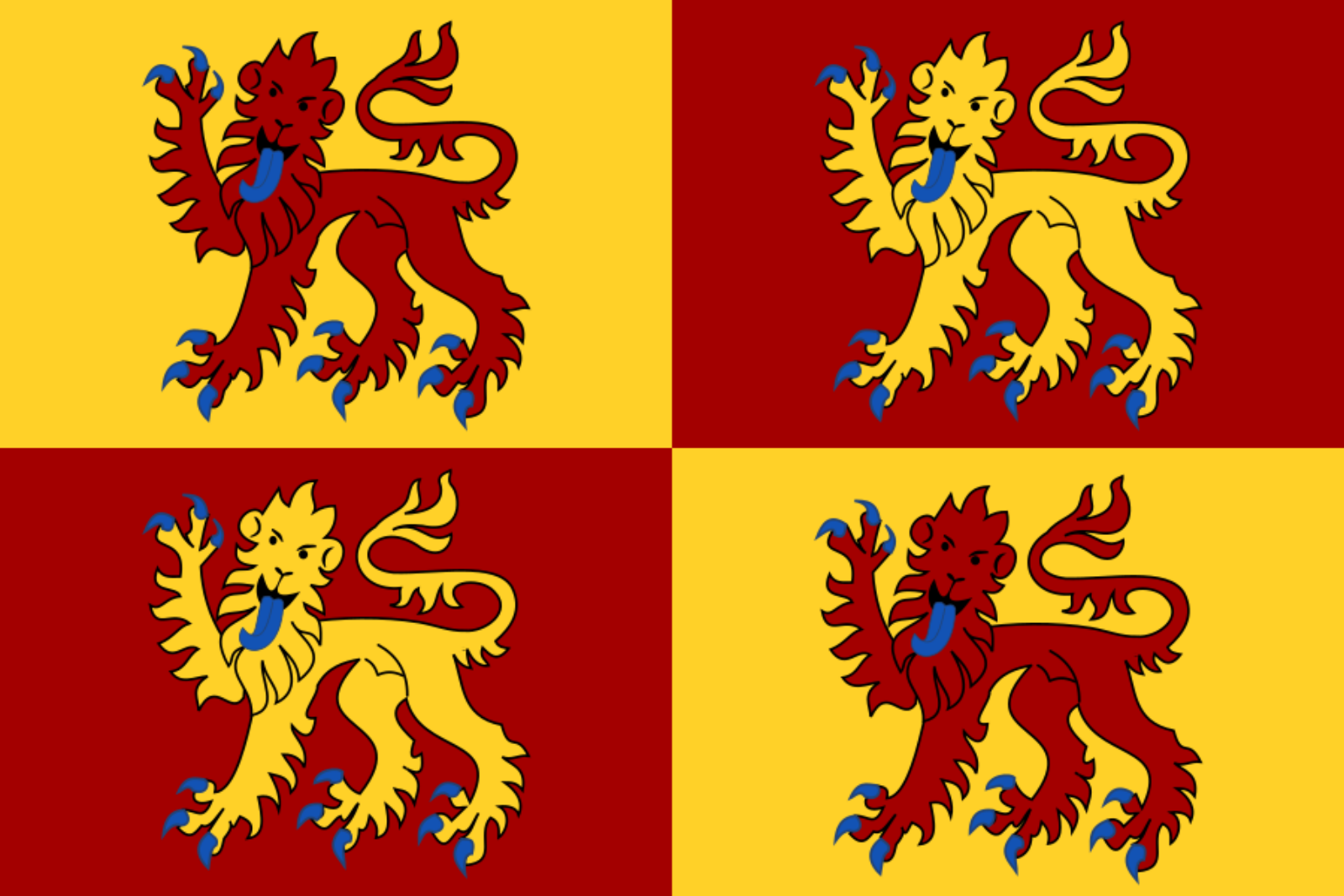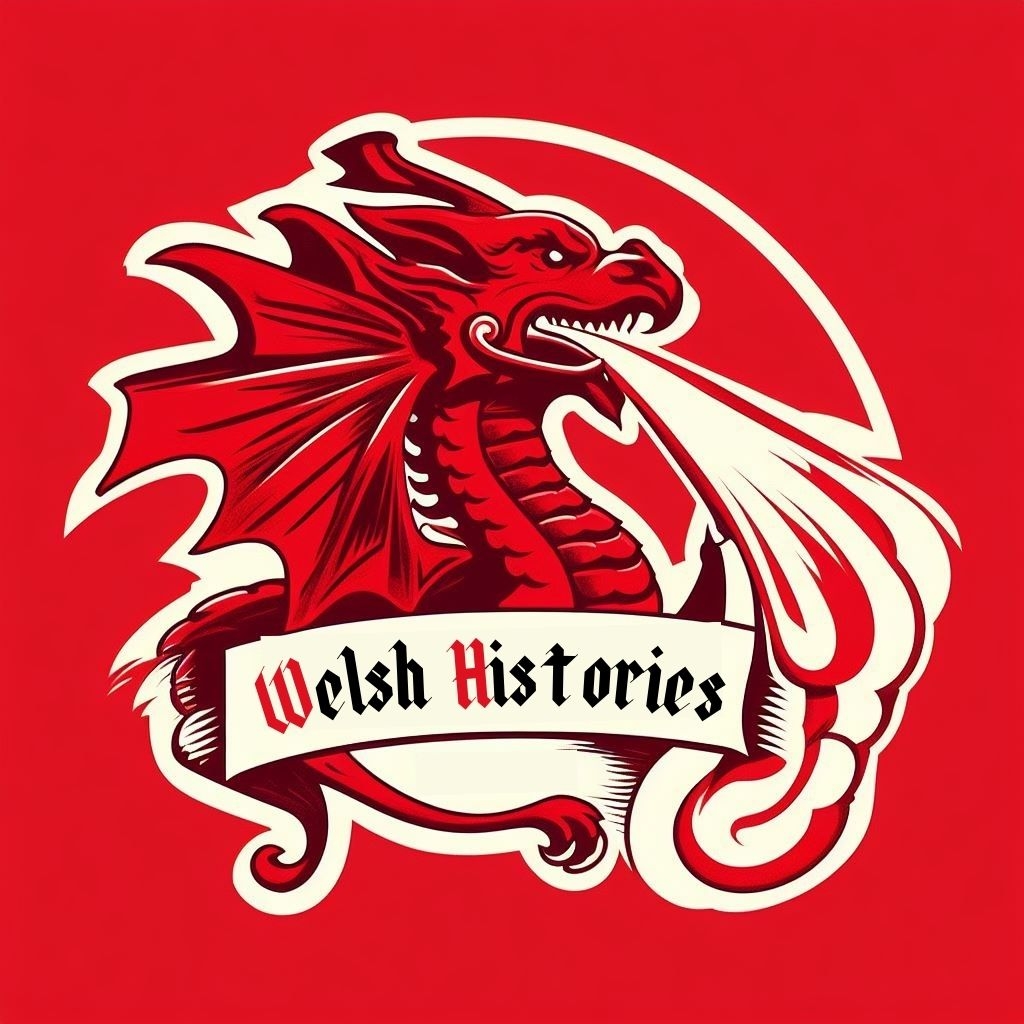Your basket is currently empty!

Cunedda ap Edern & the Kingdom of Gwynedd
This is an excerpt from Welsh Histories founder Niklas George’s upcoming book “The Kings of Gwynedd (in Chronological Order)”. This excerpt covers the beginnings of the Kingdom of Gwynedd and its founder, Cunedda ap Edern.
Cunedda ap Edern Founded Gwynedd in the 5th Century AD
Prior to the arrival of Cunedda ap Edern, Gwynedd (or what is now known as Gwynedd) was a playground for neighbouring invaders, such as those from Ireland and the Isle of Man. It had long been believed, in fact, that Cunedda led the Votadini, the people of Yr Hen Ogledd, into Gwynedd on the order of Magnus Maximus to fight off Irish invaders. Though difficult to entirely rule out, this was likely untrue due to the already waning influence of Rome on Britain during a time when Rome was in terminal decline and was just a few short years away from its withdrawal from the island of Great Britain.
There is another similar account that Cunedda was instructed to fight the Irish in Gwynedd by the warlord Vortigern (Gwrtheyrn in Welsh), who was the “King of the Britons” at the time of Cunedda, and therefore a more possible influence on Cunedda’s decision to lead his men into Gwynedd. However, neither the Maximus nor the Vortigern account is steeped in certainty and therefore it would be wrong to declare that either version of the story was true. It is possible that there is an element of truth in one, in both or none and so much time has passed that it would now be impossible, without some miraculous discovery of written evidence, to declare either account as the truth.
Arrival from Manaw Gododdin
It is believed that Cunedda arrived in Gwynedd from Manaw Gododdin (modern Clackmannashire), Scotland, in the late 4th or early 5th century AD and he is believed to have ruled in Gwynedd from 450-460. We have no certain timeframe for any of what we know about Cunedda and his story.
What we do know is that this was a rather tumultuous, though transformative, time for the island of Great Britain. Roman rule was coming to an end, and this would leave something of a vacuum in its wake, with the formation of hundreds of Kingdoms each vying for ultimate control of relatively small bits of land which would eventually swell in the coming centuries into larger Kingdoms of greater influence. The Romano-Britons were an ambitious lot and they had been left with the tools of their Roman parents – now old and mature enough to forge their own path with the lasting message that even empires the size of Rome may fall without the proper administrative qualities. The British Empire, over a millennia later, never heeded this message.
The Cunedda ap Edern Line
Cunedda is believed to have been married to a woman named Gwawl, who was the daughter of the historic Brythonic figure of Coel Hen, an appointed leader of what is present-day York and what was once Eboracum. Unfortunately, if little is known of Cunedda, even less is known of Gwawl. If medieval legend is true, however, then she would be the aunt of Constantine the Great and the sister of Saint Helena. It is quite uncertain whether this is true, though her family is one steeped in historical (and mythological) legend.
The family line that descends from Cunedda is arguably the most important in Welsh history. For example, Cunedda’s sons each went off to form different Welsh Kingdoms, with his son Ceredig founding the Kingdom of Ceredigion, and Dunod founding Dunoding. Saint David, the Patron Saint of Wales, is also believed to have been a great-grandson of Cunedda through the Ceredig line. Therefore, perhaps no man has shaped Cymru more than Cunedda and, despite how little we know of his personal life, the various elements of his family life each indicate that he was and is a crucially important figure of Welsh history and one whose legacy is as much a part of Cymru as the almost entirely mythological King that is Arthur.
More from Welsh Histories
Welsh Histories is a Welsh history celebrating platform which looks to promote all aspects of Welsh history. Though we focus predominantly on native Welsh history, we do also share the non-native aspects from time to time. You can follow us on Facebook; Instagram or Twitter for more. A reader? We also have our very own Welsh Histories Shop where we sell our Welsh Histories Magazine. Diolch yn fawr iawn and keep enjoying Welsh Histories.
Niklas is the founder, owner, manager, editor, writer, video creator, voice over artist, and so forth, of Welsh Histories. He is passionate about the preservation of Welsh culture; the rejuvenation of the Welsh language and the promotion of Welsh history. Niklas currently resides in Pune, Maharashtra, with his beloved wife.

